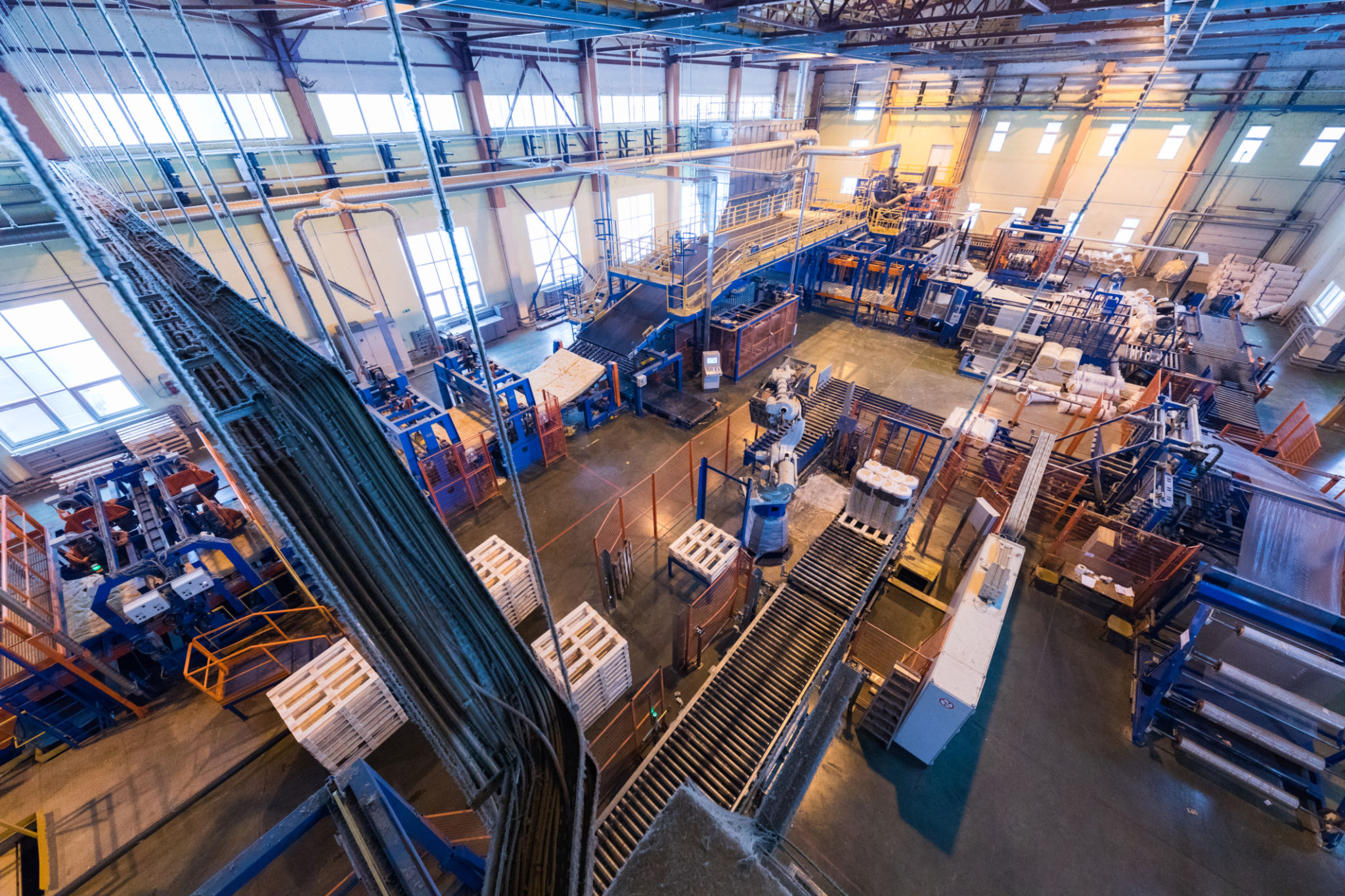Case Study: How Process Improvement Consulting Boosted a Delaware Manufacturer's Productivity
Introduction to Process Improvement Consulting
In today’s competitive market, manufacturers are constantly seeking ways to enhance productivity and efficiency. One Delaware-based manufacturer managed to achieve remarkable results through process improvement consulting. This case study explores how strategic changes led to significant productivity boosts.

Understanding the Manufacturer's Challenges
The Delaware manufacturer, specializing in industrial components, faced several challenges. These included inefficiencies in their production line, high operational costs, and longer-than-expected delivery times. These issues were affecting their competitiveness and bottom line.
Identifying Inefficiencies
Initial consultations revealed that their production processes were heavily reliant on outdated machinery and manual labor, leading to frequent bottlenecks. Additionally, a lack of standardized procedures contributed to inconsistencies in product quality.
The Consulting Approach
To address these challenges, the manufacturer sought the expertise of a process improvement consulting firm. The consultants employed a systematic approach to overhaul the existing processes.
Process Analysis
The first step involved a comprehensive analysis of the current production workflow. Utilizing techniques such as value stream mapping, the consultants identified areas that required immediate attention.

Implementing Changes
The consultants recommended a series of strategic changes. These included the adoption of Lean manufacturing principles, investment in modern machinery, and the establishment of standardized operating procedures. Training programs were also introduced to ensure that employees were equipped with the necessary skills.
Results Achieved
The implementation of these changes resulted in remarkable improvements. The manufacturer reported a 30% increase in production efficiency and a 20% reduction in operational costs within the first six months. Delivery times were significantly reduced, enhancing customer satisfaction.

Employee Empowerment
An important aspect of the transformation was the emphasis on employee involvement. By fostering a culture of continuous improvement, employees felt empowered to contribute ideas and take ownership of their roles, further driving productivity gains.
Conclusion
This case study demonstrates the transformative power of process improvement consulting for manufacturers. By addressing inefficiencies and embracing modern practices, the Delaware manufacturer not only enhanced productivity but also positioned itself for sustained growth in a competitive industry.